On Thursday the Supreme Court voted unanimously to back the National Rifle Association in a First Amendment ruling.
This decision could make it more difficult for state regulators to impose pressure on advocacy groups impacting free speech.
New York Official Lawsuit
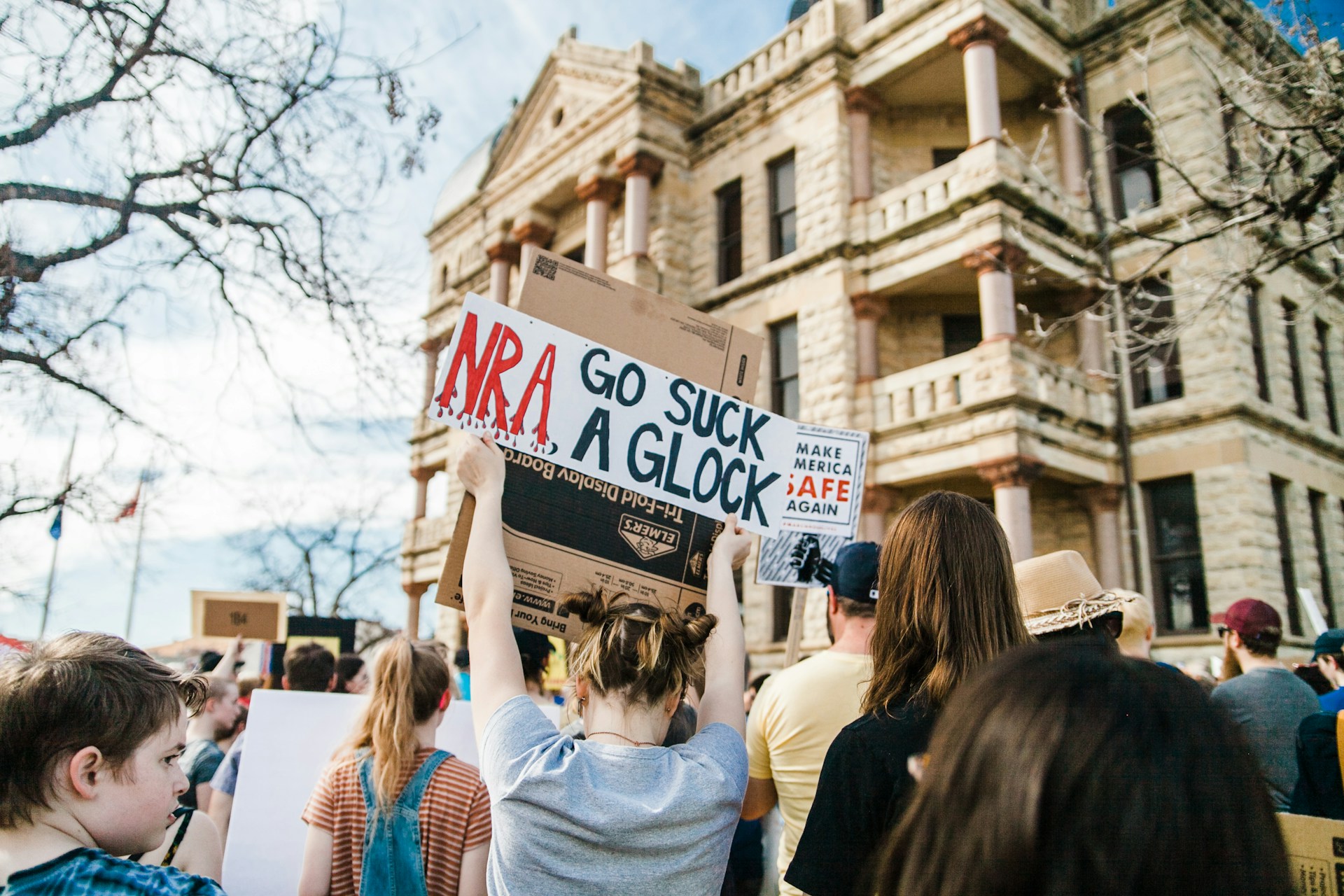
The ruling could have an impact on the NRA’s lawsuit against a New York official who, following the 2018 Parkland shooting, compelled banks and insurance companies to sever ties with the gun rights lobby.
The shooting at Marjory Stoneman Douglas High School was the deadliest in the country killing 14 students and three faculty members.
Sotomayor’s Commentary
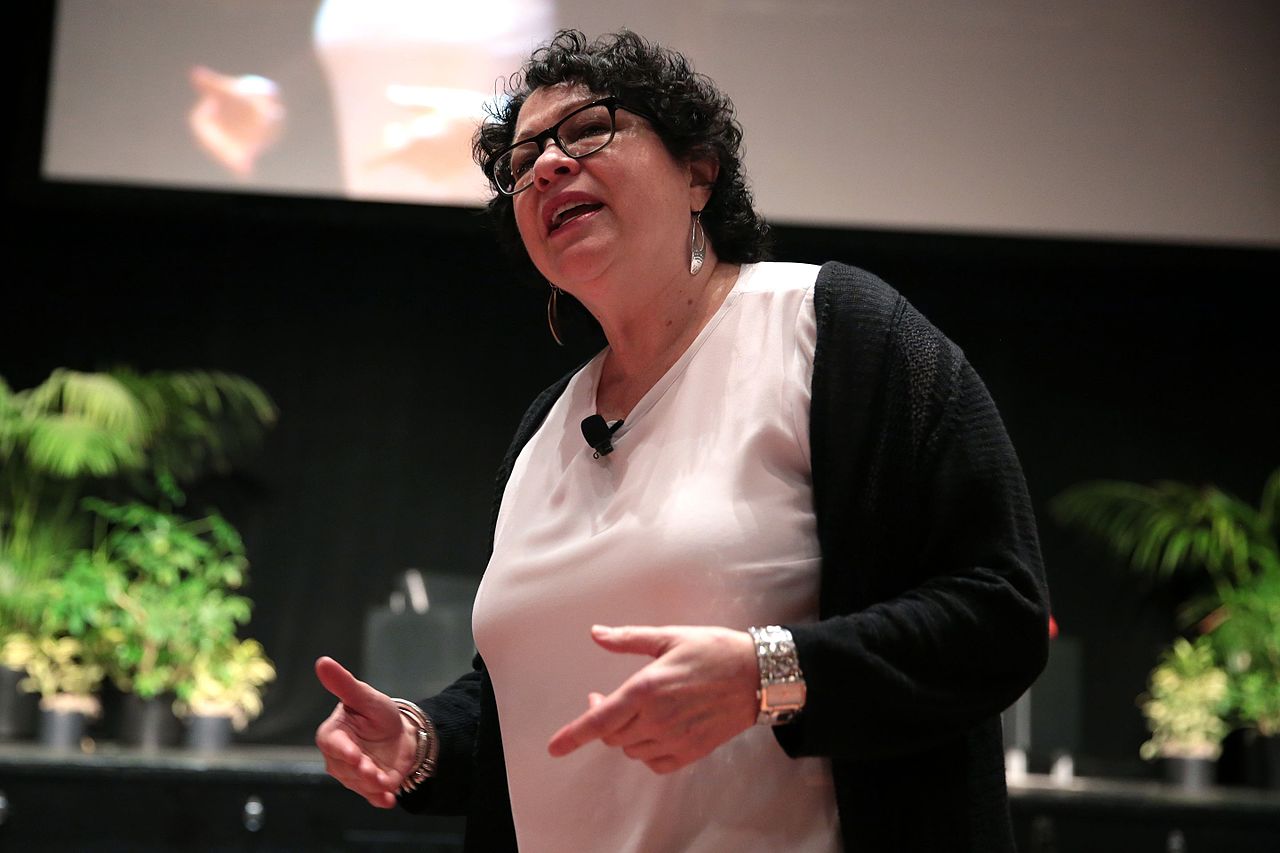
Justice Sonia Sotomayor proclaimed in her court statement: “Government officials cannot attempt to coerce private parties to punish or suppress views that the government disfavors.”
Sotomayor went on to conclude: “Ultimately, the critical takeaway is that the First Amendment prohibits government officials from wielding their power selectively to punish or suppress speech.”
The NRA’s Case
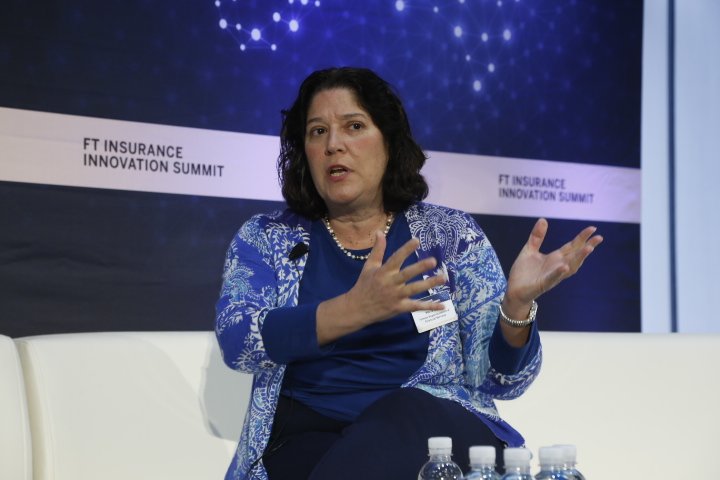
According to the NRA the former superintendent of the New York State Department of Financial Services, Maria Vullo, used her position to influence insurance companies to stop working with the gun rights group.
They went on to claim that Vullo also threatened enforcement actions against firms who were partnered with the NRA if they did not comply with her demands.
Quid Pro Quo

The issue at the center of this case was a meeting between Vullo and Lloyd’s of London in 2018 which the NRA claims involved Vullo offering not to prosecute other violations if the company supported the anti-gun campaign.
Vullo says that the meeting was not significant concerning the case and that what the NRA alleges was not specific.
Vullo’s Response
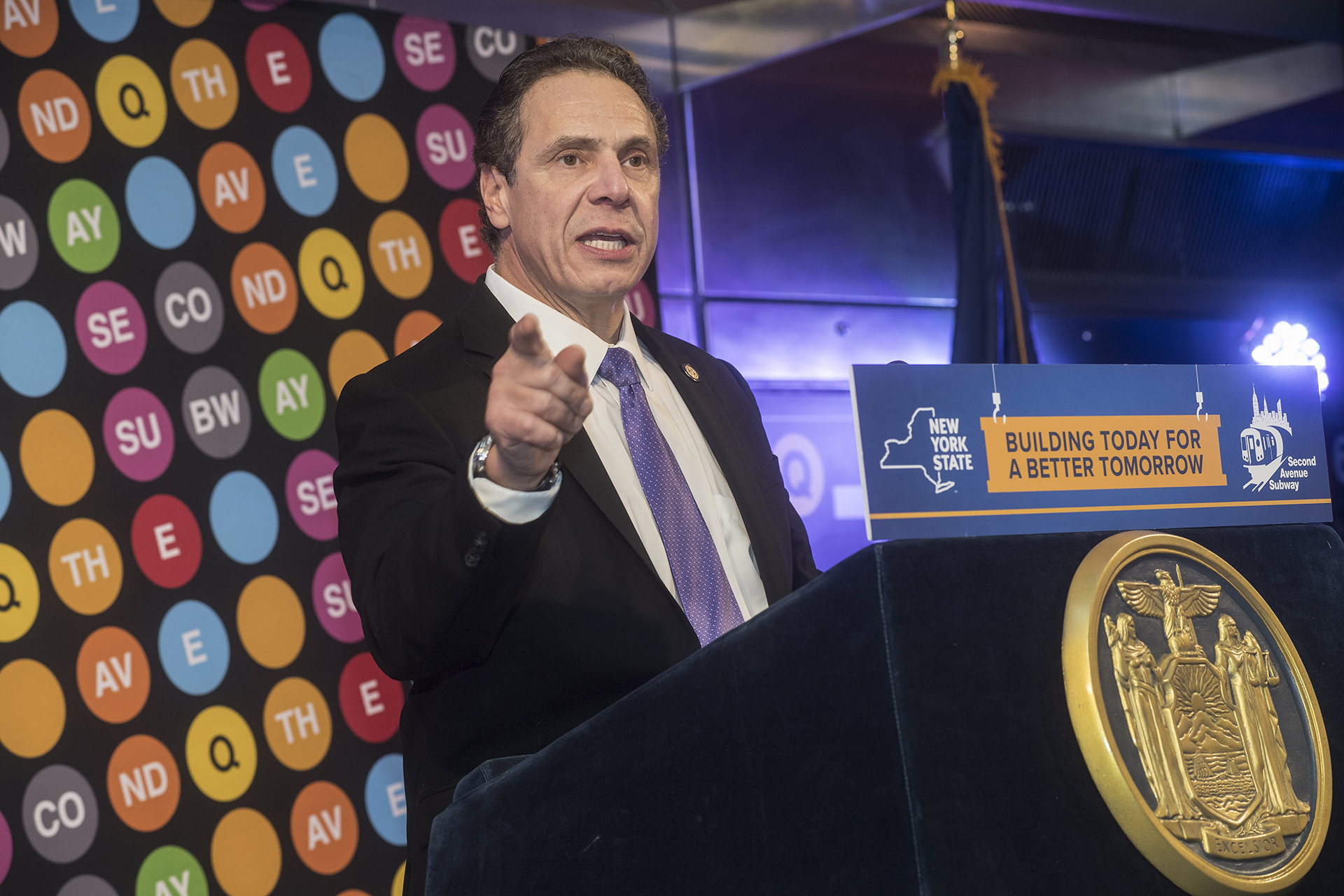
Vullo was working under Democratic former Governor Andrew Cuomo’s administration when the events took place as she claimed the enforcement was pertaining to an illegal insurance product in New York.
These so-called third-party ‘murder insurance’ policies were sold through the NRA which cover personal injury and criminal defense costs after a firearm has been used.
Clarification for Government Regulators

On both sides of the aisle, this ruling will provide liberal and conservative government regulators with more clarity as to how far they may go in their pressuring of private companies that partner with controversial advocacy groups.
Vullo’s attorney, Neal Katyal says he is hopeful that the previous lower court ruling will reaffirm the decision which was made on a different legal basis.
NRA’s Statement on Victory
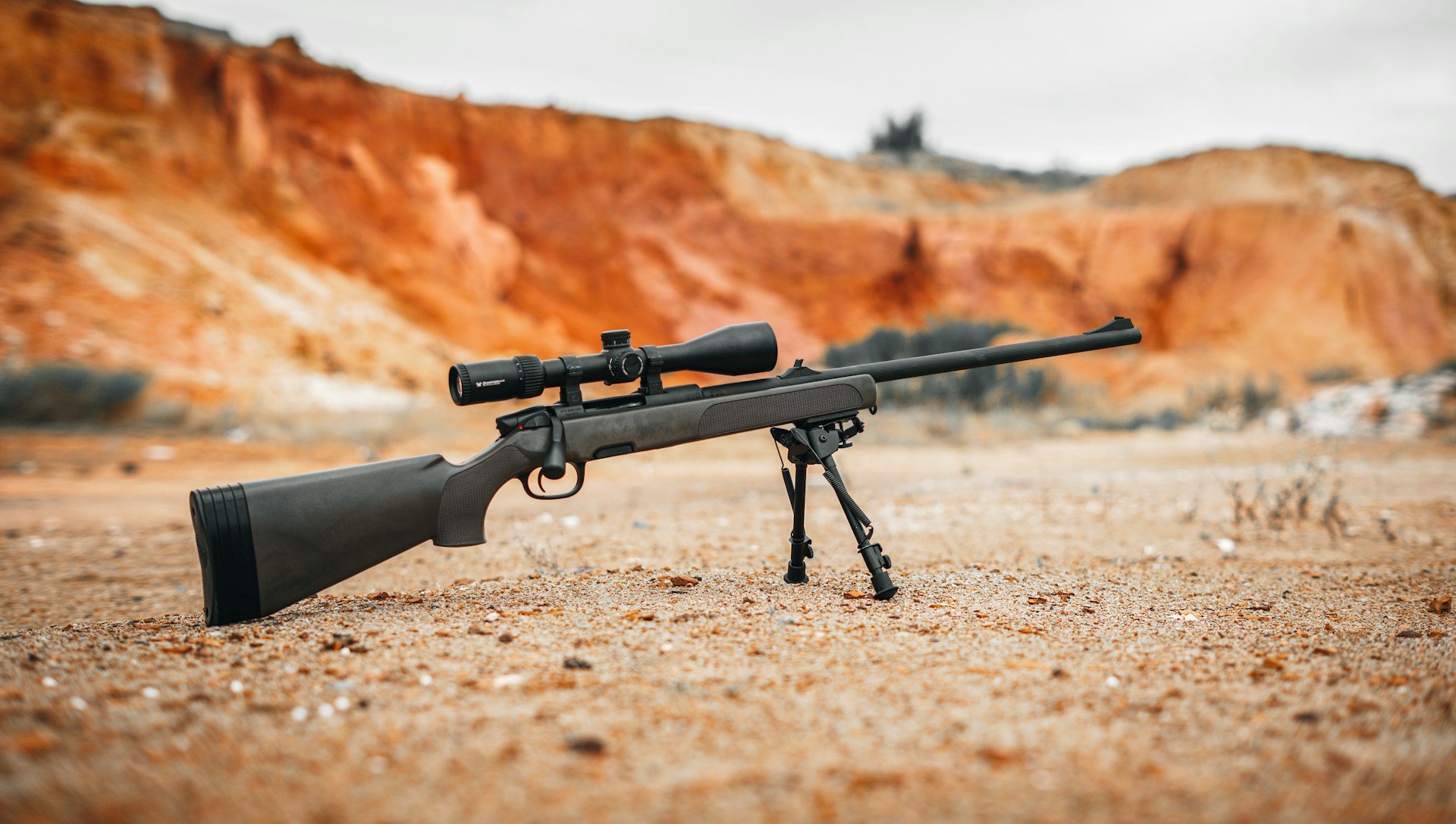
William A. Brewer III who is a lawyer for the NRA commented in a statement that “This is a landmark victory for the NRA and all who care about our First Amendment freedom.”
He went on to affirm his belief that “New York government officials abused the power of their office to silence a political enemy.”
Vullo’s Attorney Issues Statement
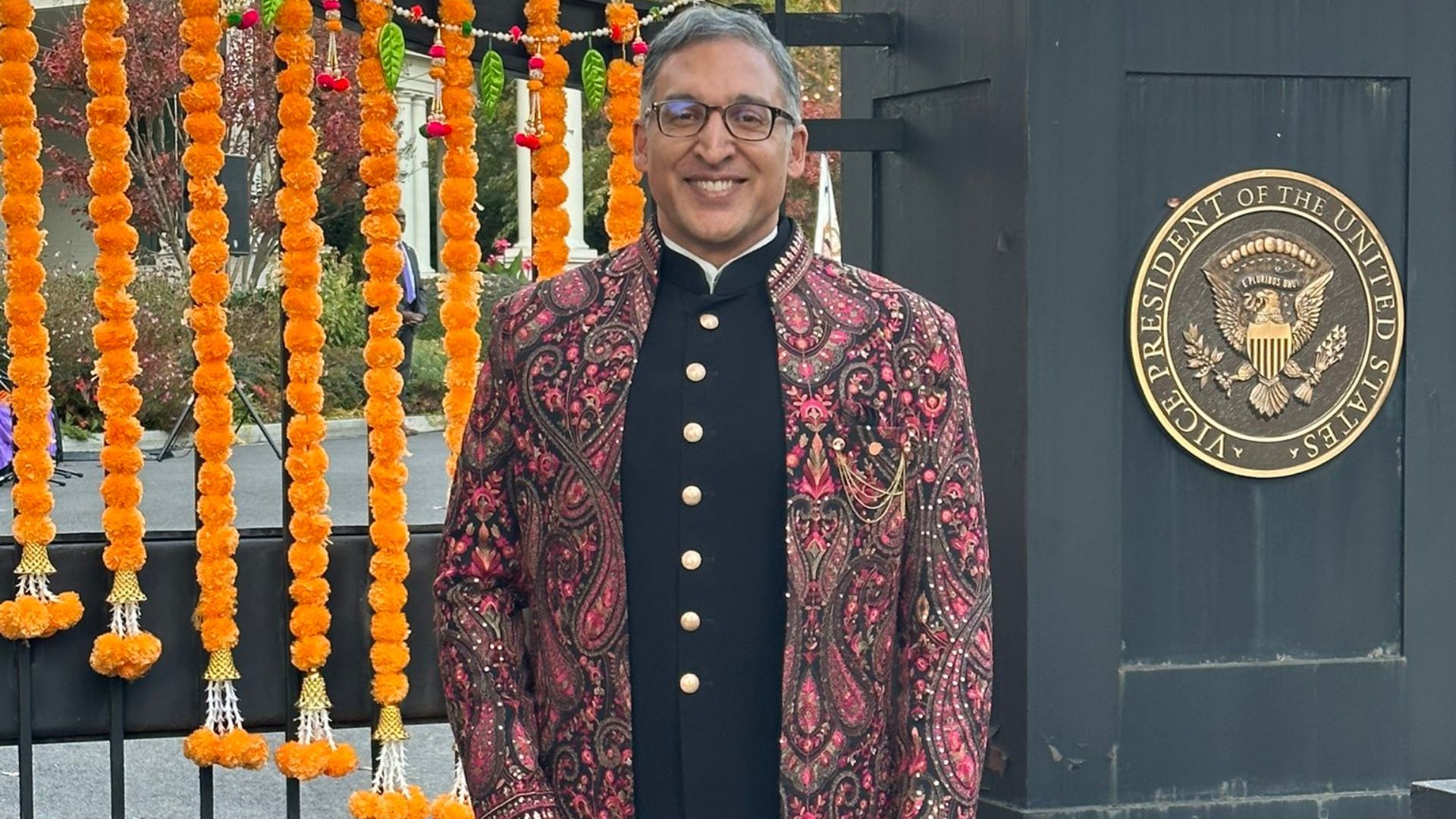
According to Katyal, his client “did not violate anyone’s First Amendment rights” in a statement made after the ruling.
He went on to state that the “industry letters such as those issued by Ms. Vullo are routine and important tools regulators use to inform and advise the entities they oversee about risks.”
Unanimous Concurrences
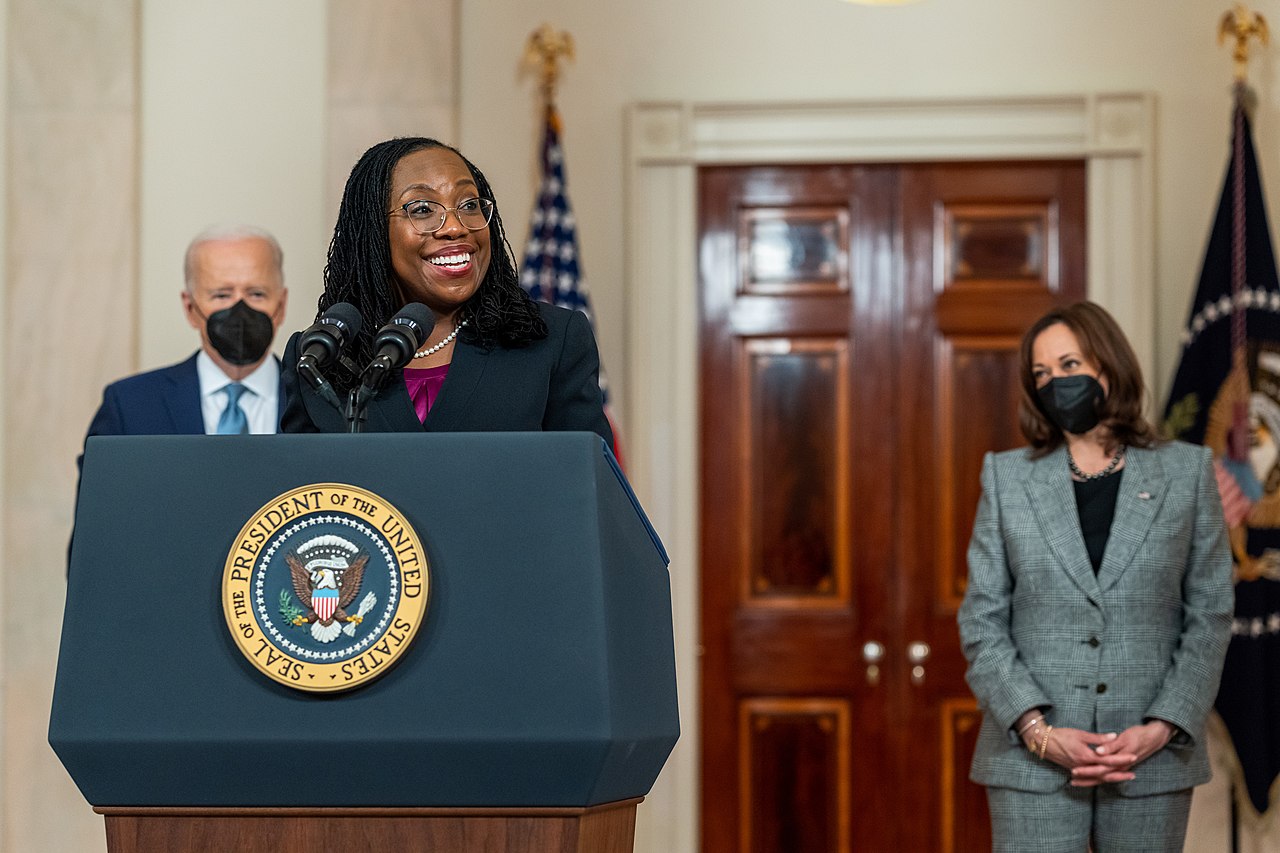
Justices on the conservative and liberal sides of the Supreme Court have written concurrences agreeing with the ruling including Neil Gorsuch and Ketanji Brown Jackson.
Jackson’s statement highlighted that the case hinged on a tense topic: “Different circumstances – who is being coerced to do what, and why – may implicate different First Amendment inquiries.”
Biden Administration Case
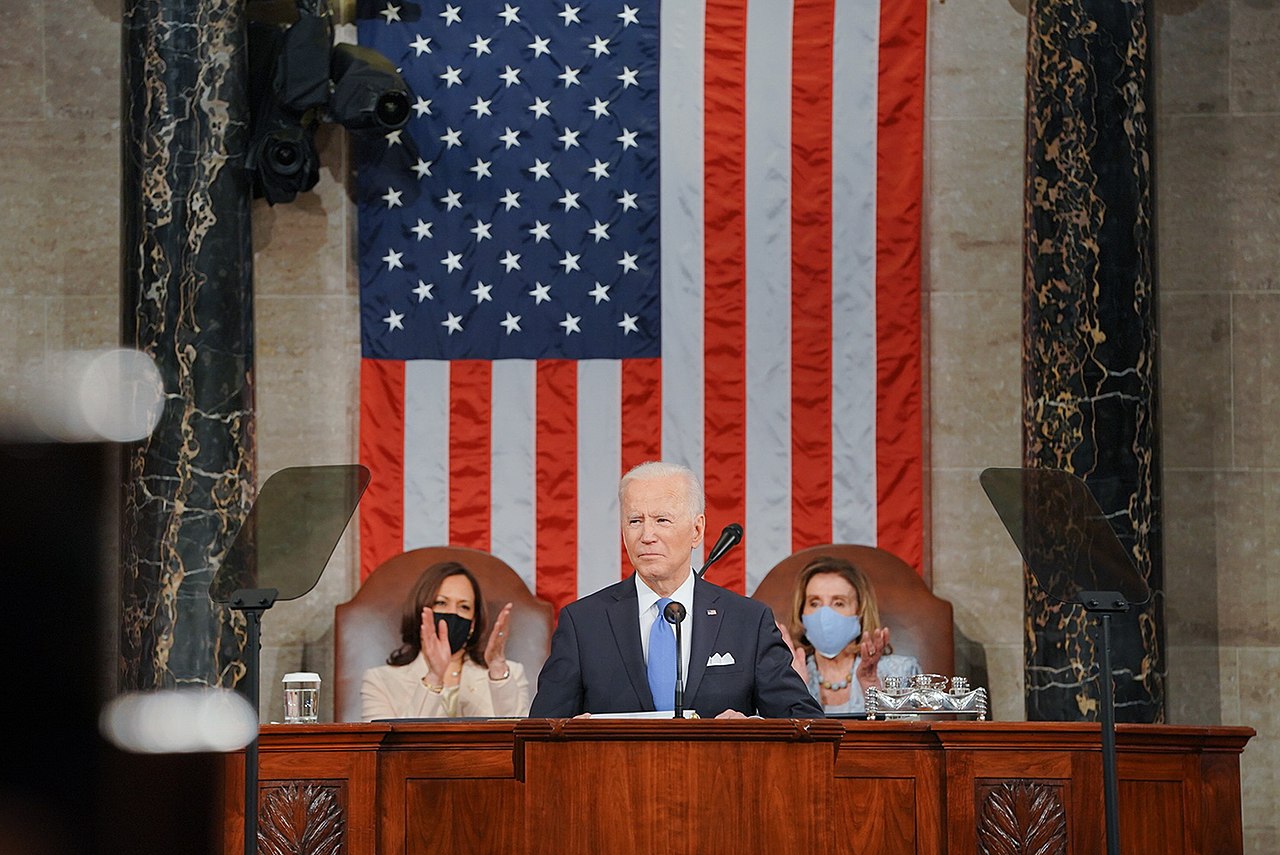
A pending and related case in the matter of whether the Biden administration was too forceful in their pressuring of social media platforms to police misinformation.
These cases were both argued on the same day back in March but no mention was made of this debate in the court’s opinion.
The NRA’s Strategy
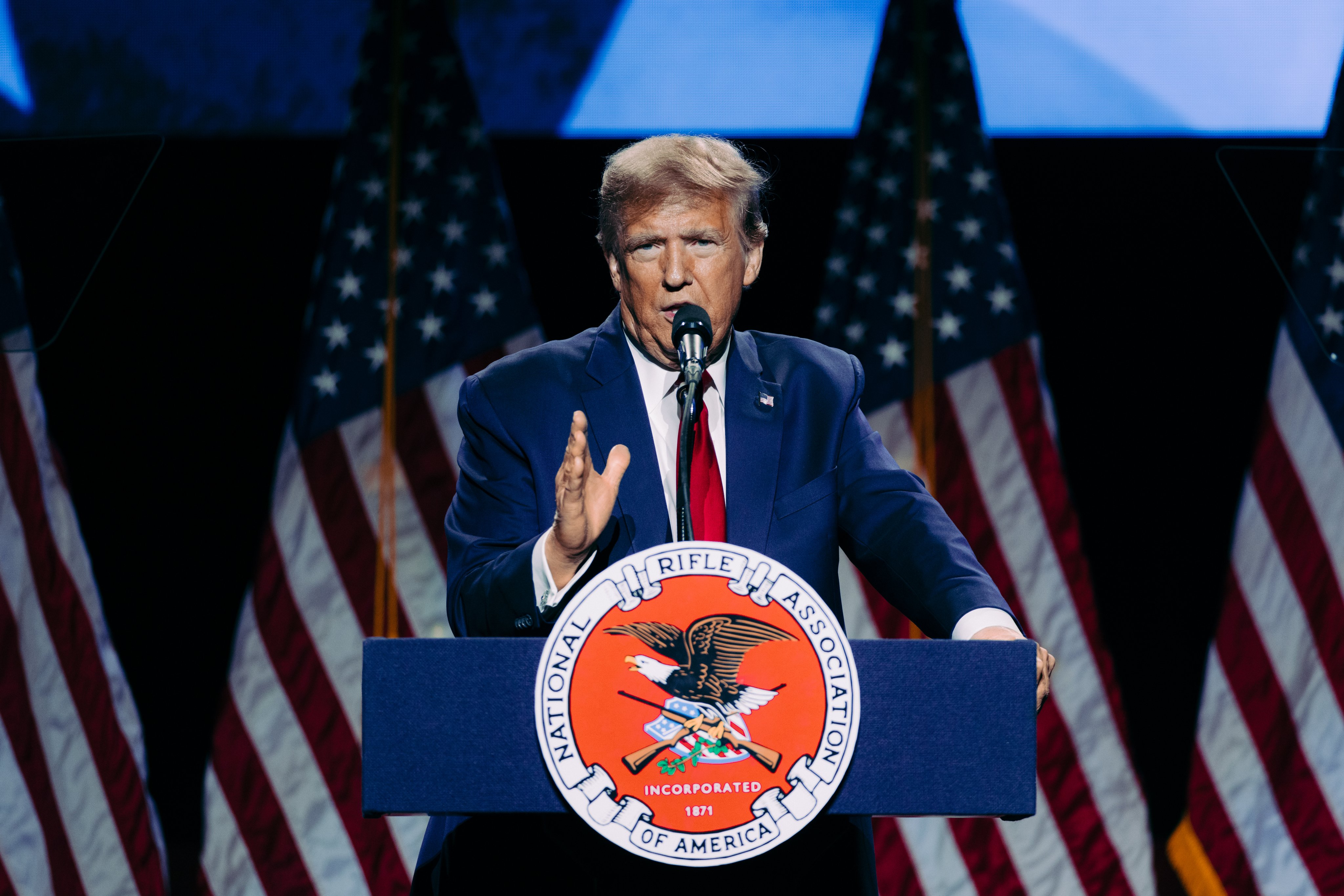
The case for the NRA relied heavily on a 1963 Supreme Court decision known as Bantam Books v. Sullivan which deemed that ‘informal censorship’ was unconstitutional.
The NRA also found unlikely allies in the American Civil Liberties Union who are typical opponents of the lobby in debates over gun rights.
With a uniform decision from the Supreme Court, a strong message has been issued regarding the First Amendment and how government regulators will need to act moving forward.
